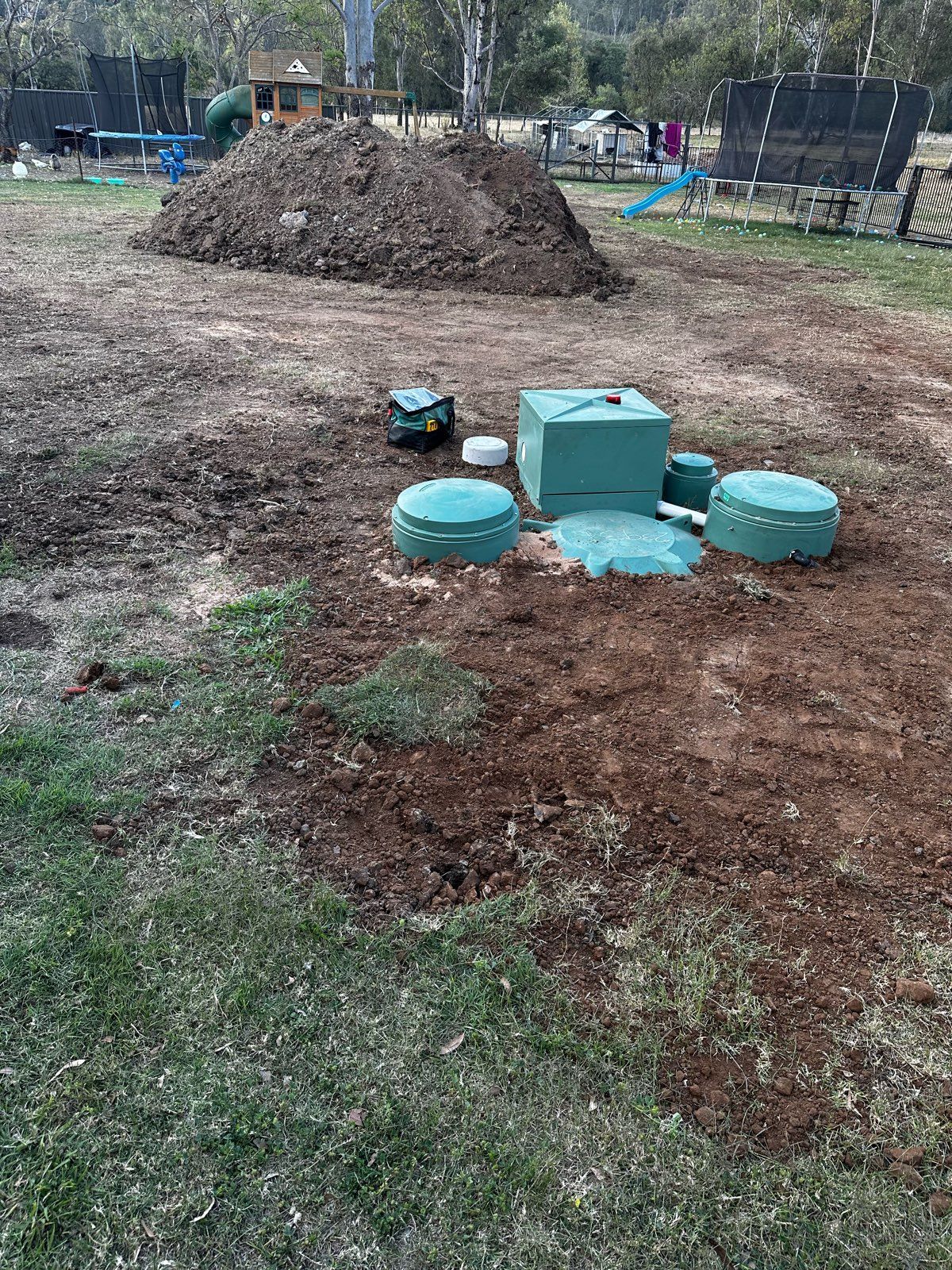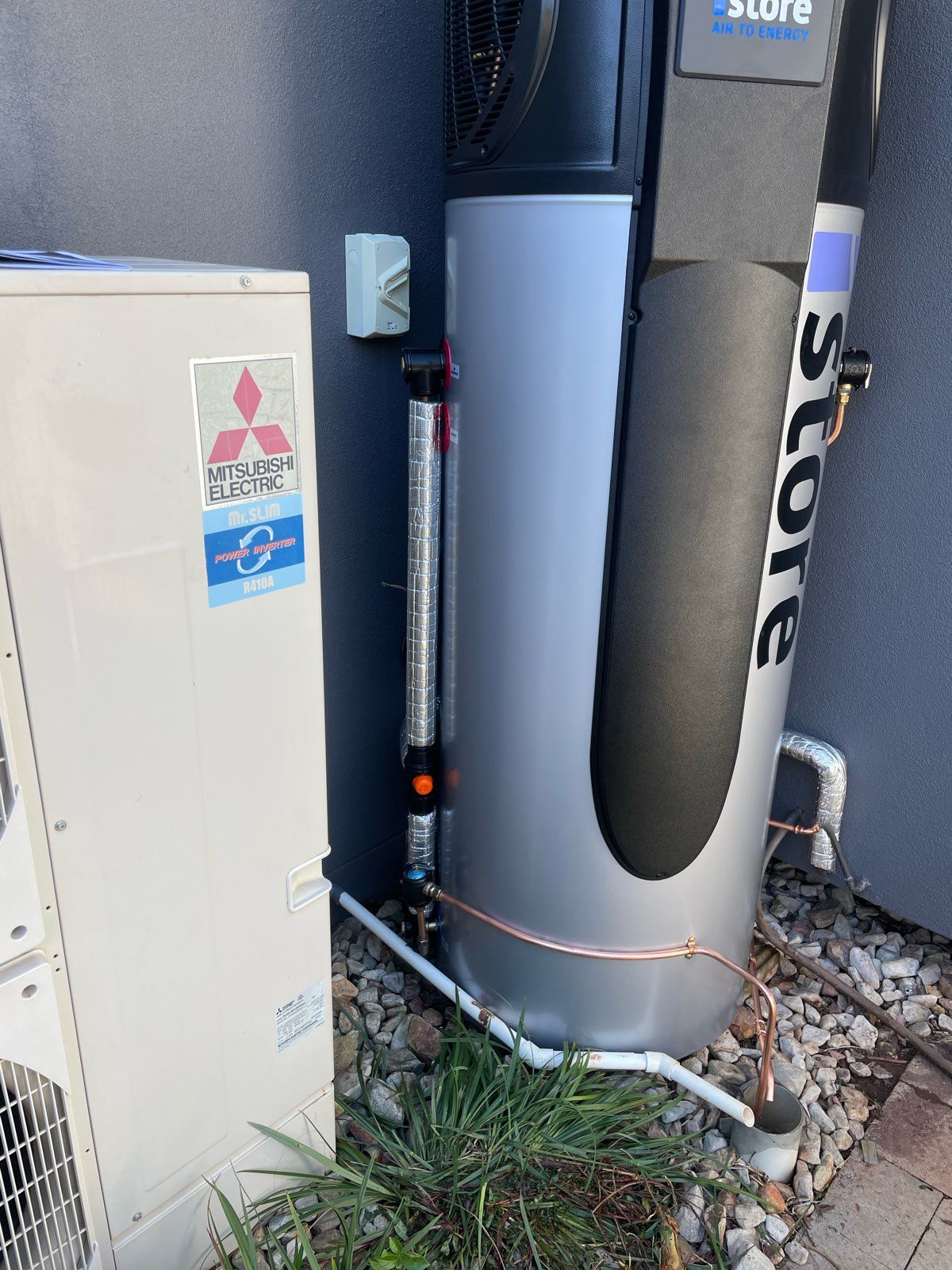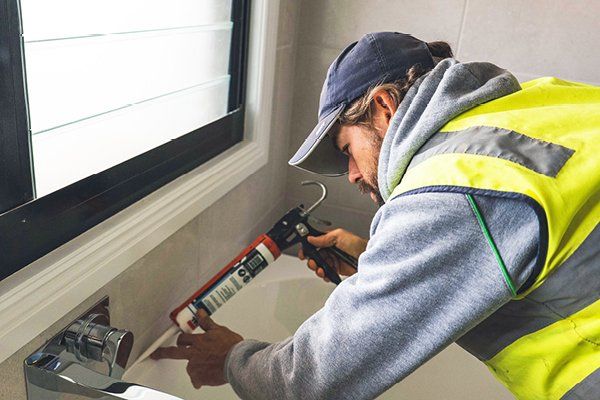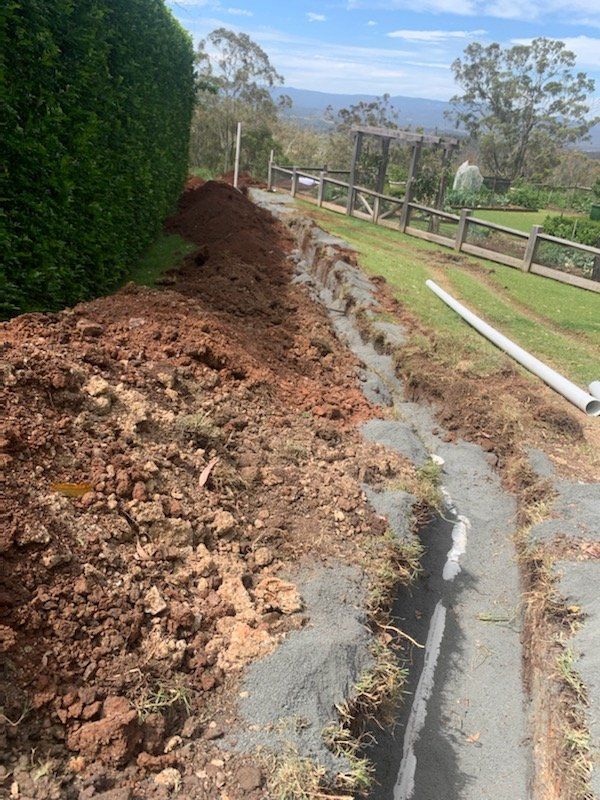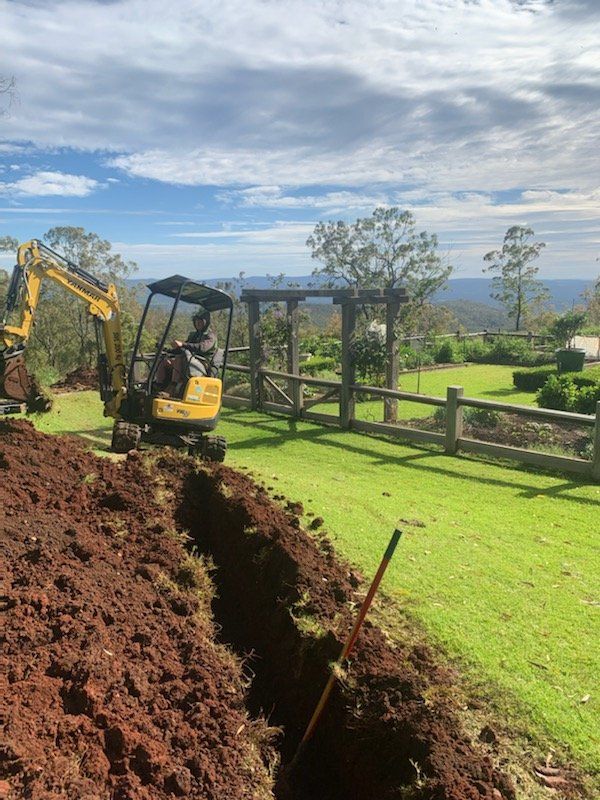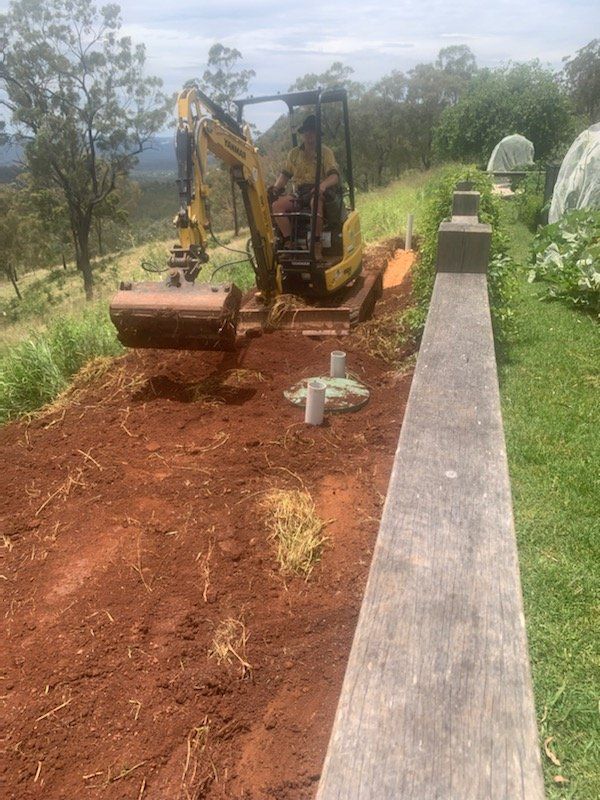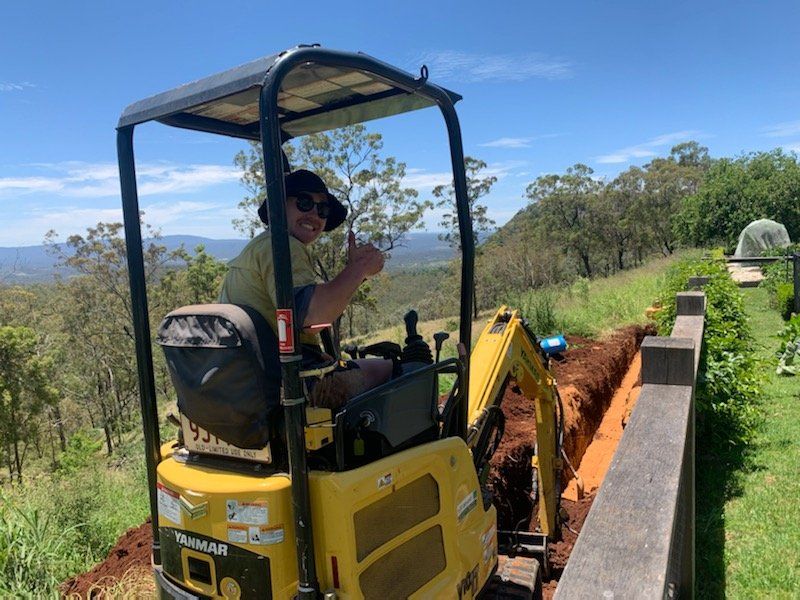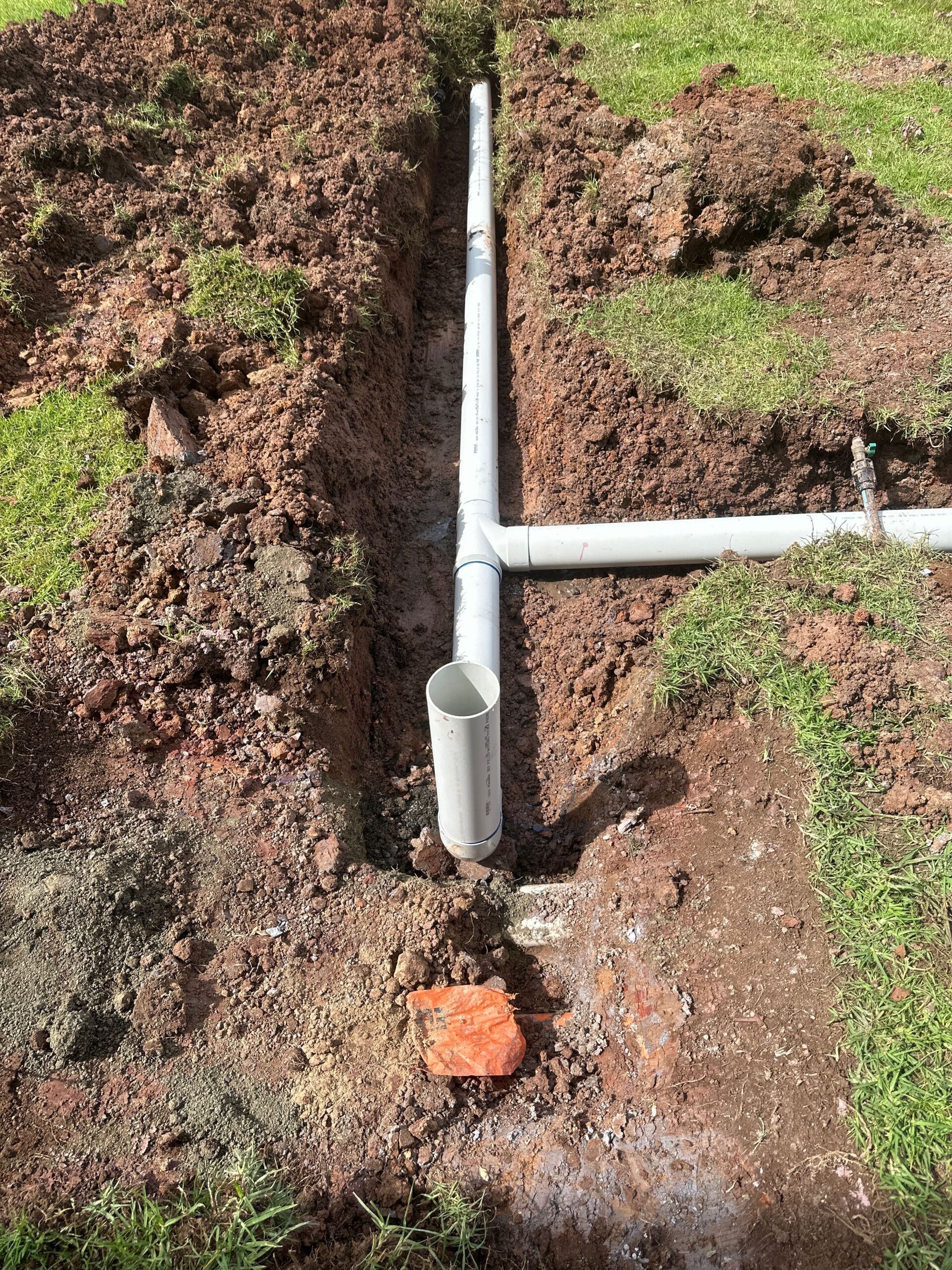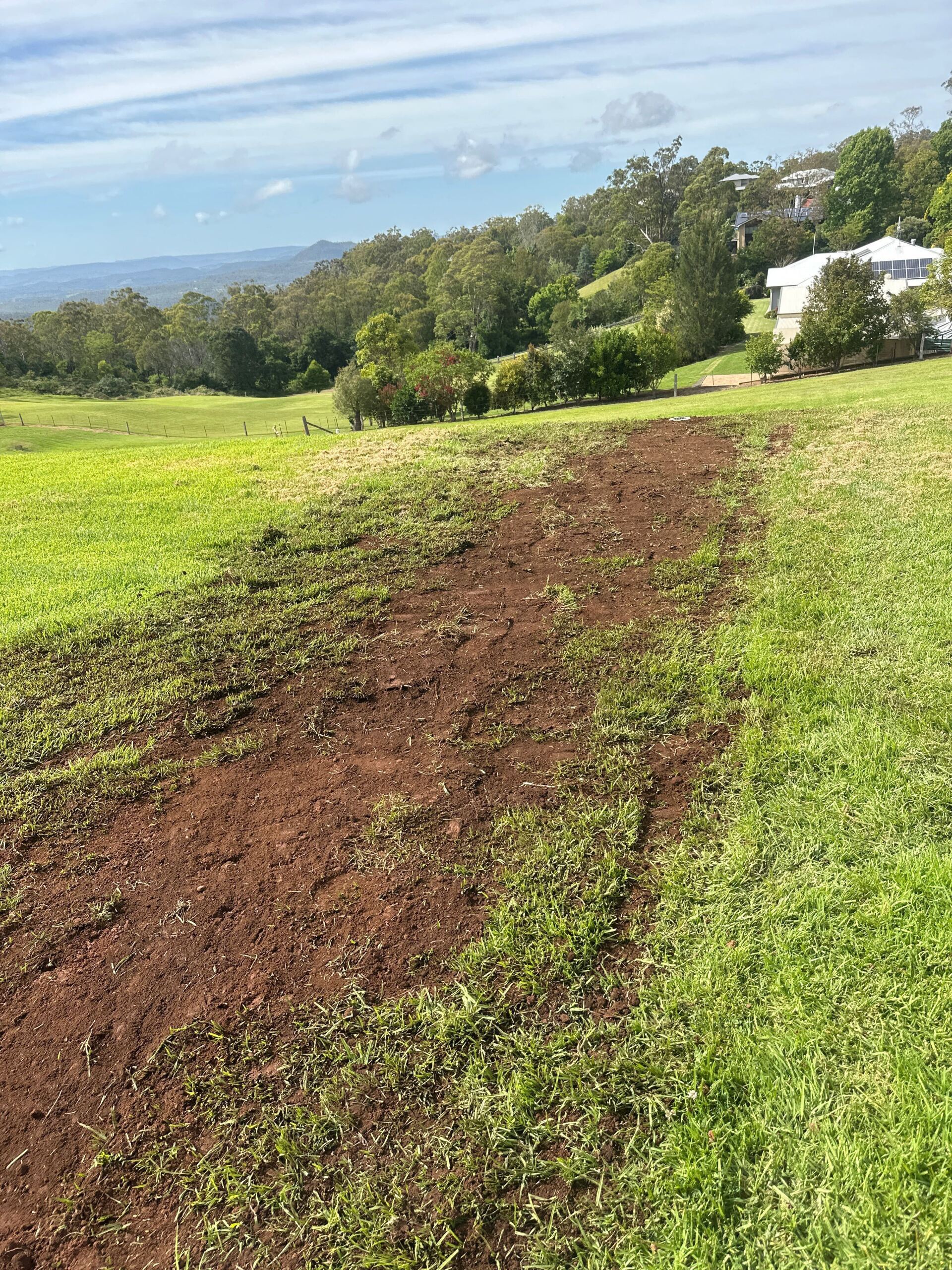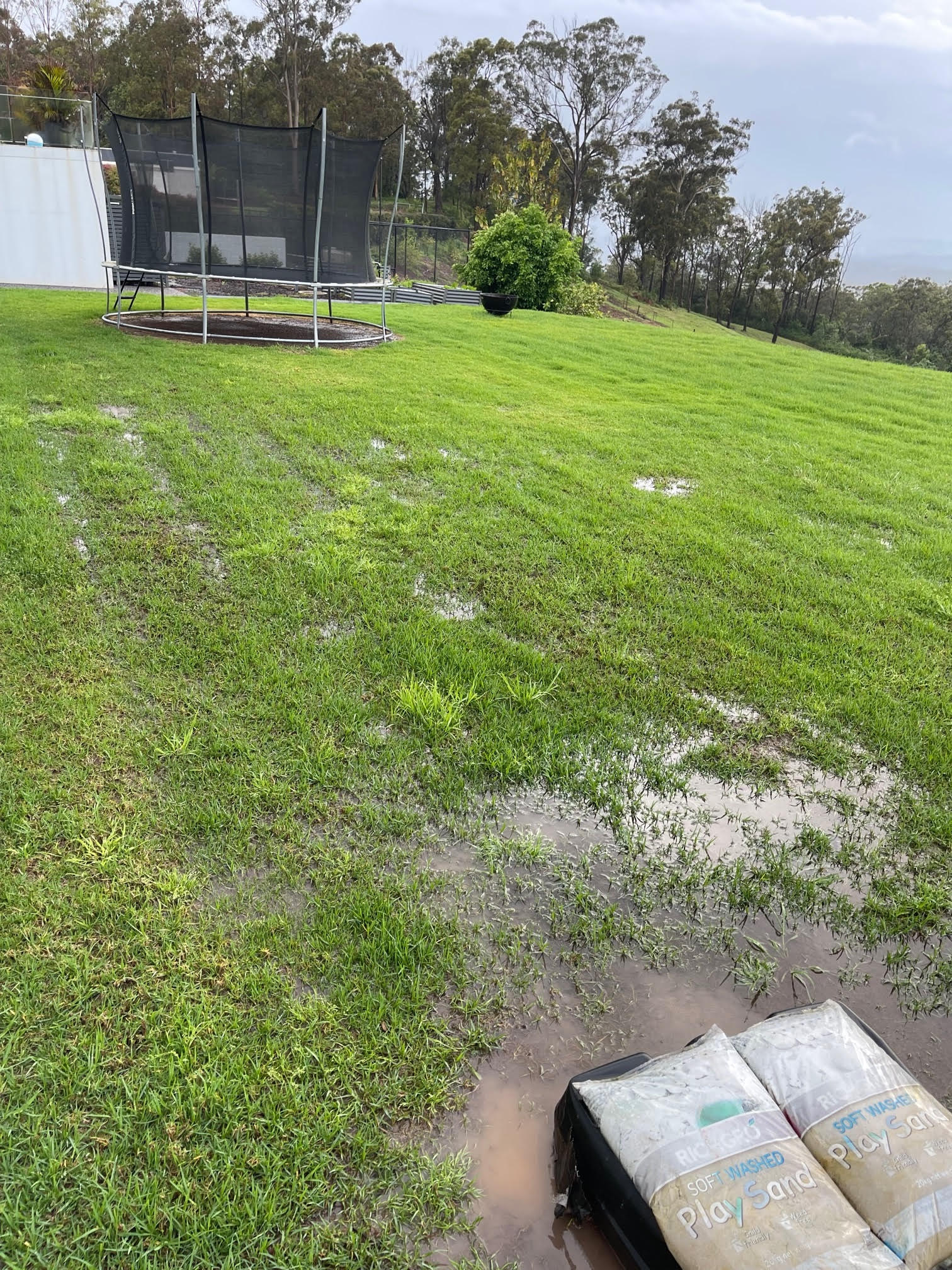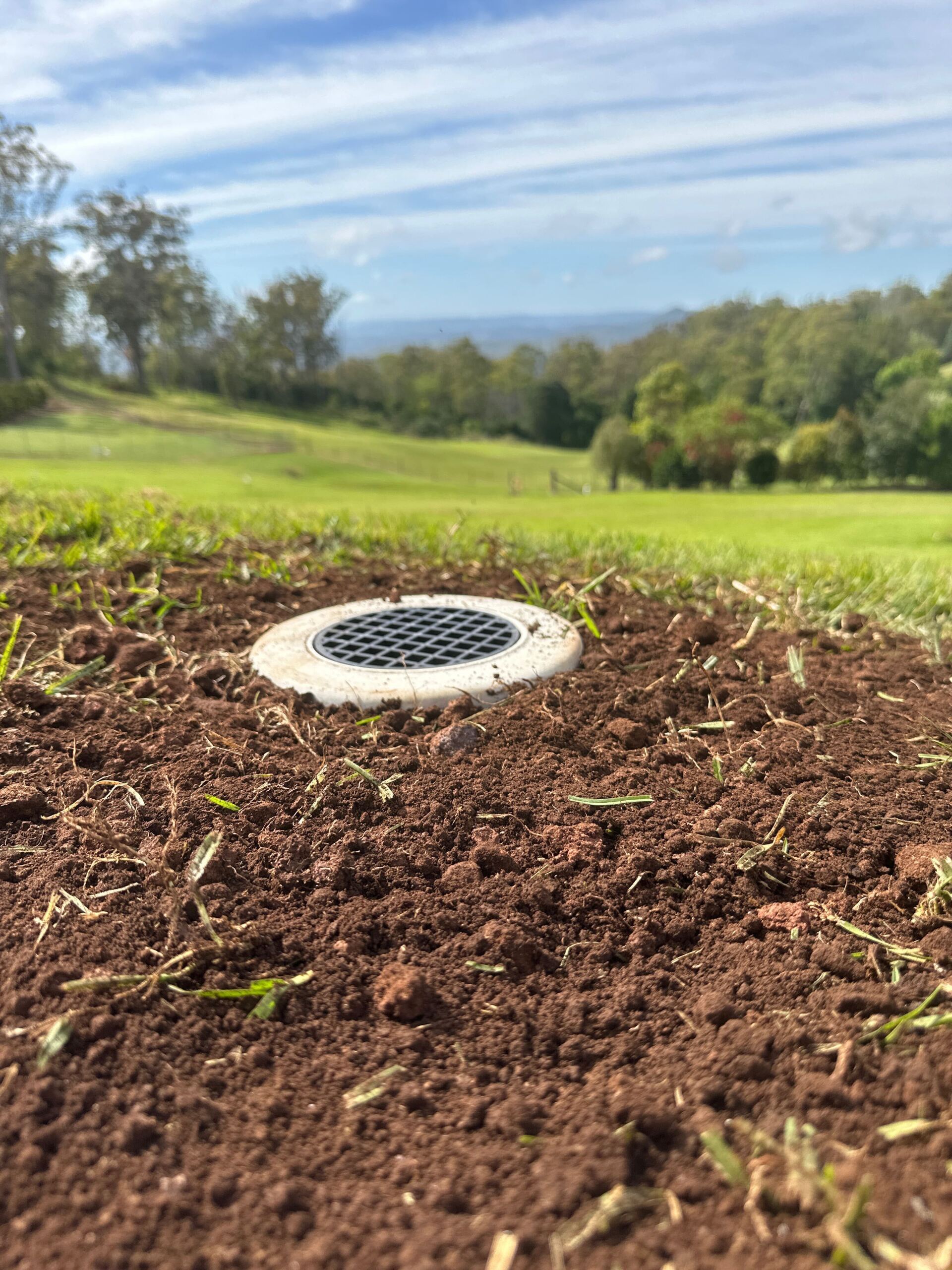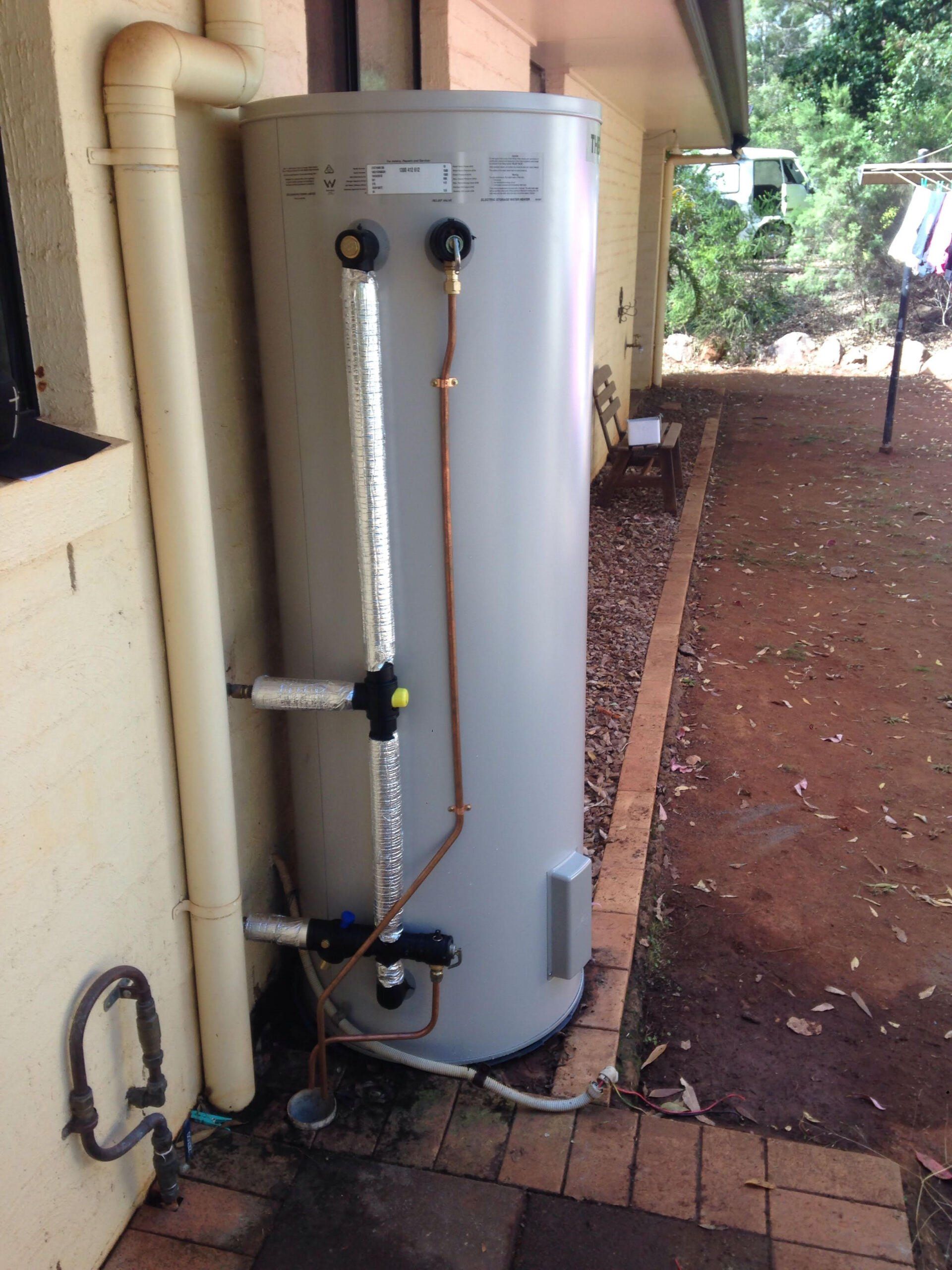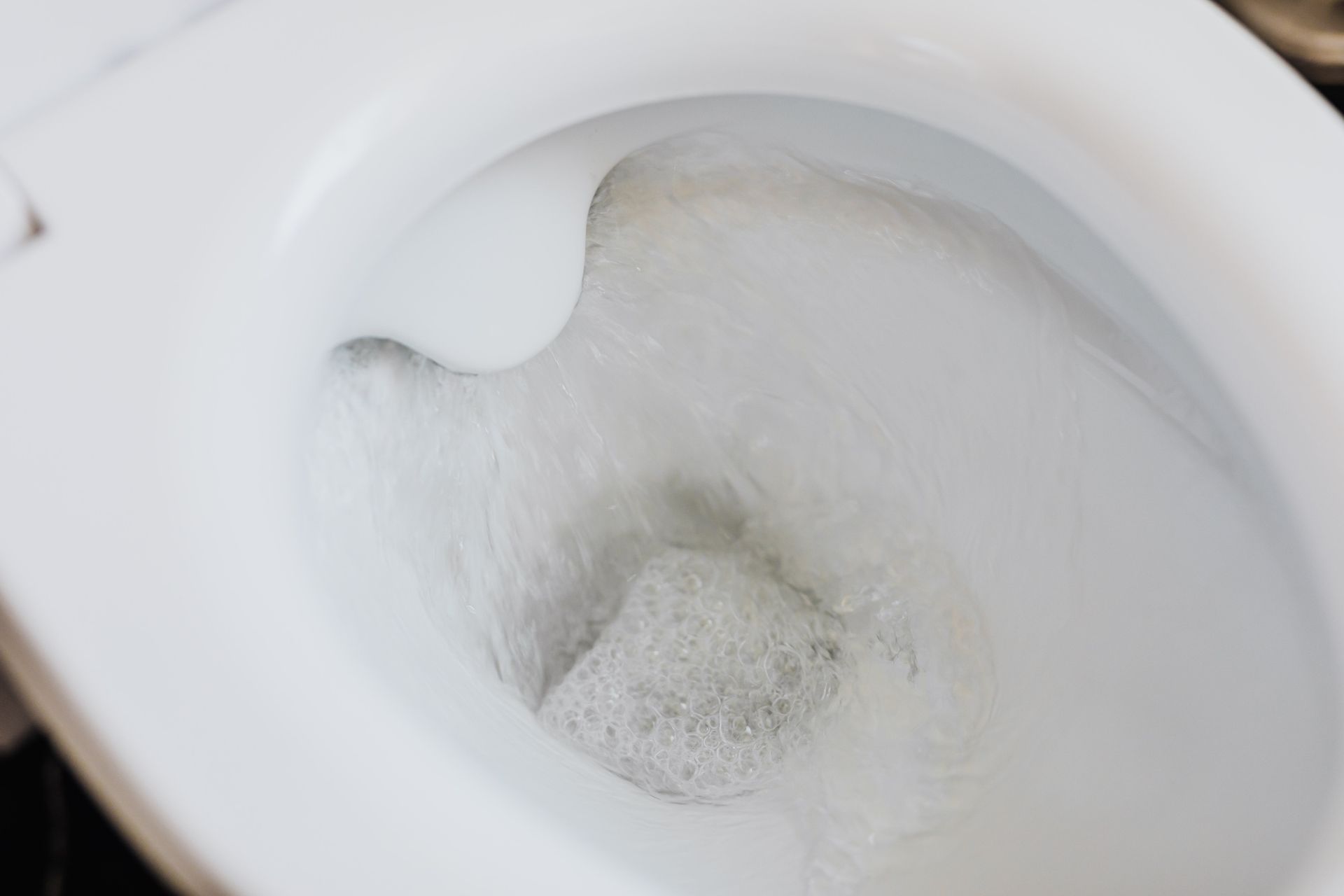Every time it rains my yard floods and I am left with a boggy mess. What should I do?
Having a yard that is susceptible to flooding can be a nuisance, but it is actually far more common than you think, and there are several ways that poor drainage can be rectified to prevent your yard from flooding every time it rains.
This year we have experienced one of the wettest years in history - Australia is the country of drought and flooding rains and Toowoomba is no exception.
There are several reasons why your yard could be flooding and turning into a mucky mess, and if the flooding is so bad that you worry each time it rains that water may enter your property, or create movement in the foundations of your property, then you probably need to find a solution sooner rather than later.
Step one is to determine which of these reasons is relevant to your yard.
The first reason might be that you have a septic tank and the trenches are reaching the end of their life, and are no longer draining like they should. A good indicator that this might be your problem is the funky smell that is notably worse than it would be if you were just dealing with stagnant water and mud.
If this sounds like you, we've prepared a blog post that lists how to identify if your septic system needs replacing - you can read it
here along with instructions on what the first step to rectifying your problem is.
Other reasons might be:
- That you have downpipes emptying directly onto the lawn around your home - but no sufficient grade for the water released to run away.
- That water flows into your property from surrounding properties, but you don’t have sufficient grade for it to run away and not enough space or poor soil that prevents it from draining.
- That water that lands on your property can't get away due to site falls or obstructions
- Your stormwater drainage has become blocked, and while you never used to have an issue with poor drainage, you do now.
The good news is that in each of the above situations, solutions do exist to upgrade, or unblock your stormwater drainage and ensure that you no longer have to put up with a soggy yard and risk a flooded house!
This year we have constantly been actioning stormwater works to remove this worry for our clients. We have the experience, tools and team to sort your problem regardless of the site constraints. To discuss your needs and arrange for us to evaluate what we can do to improve your situation, give us a call on
0439 648 390.
A gallery of photos from recent stormwater rectification projects in Toowoomba and surrounds.
EXPLORE MORE
